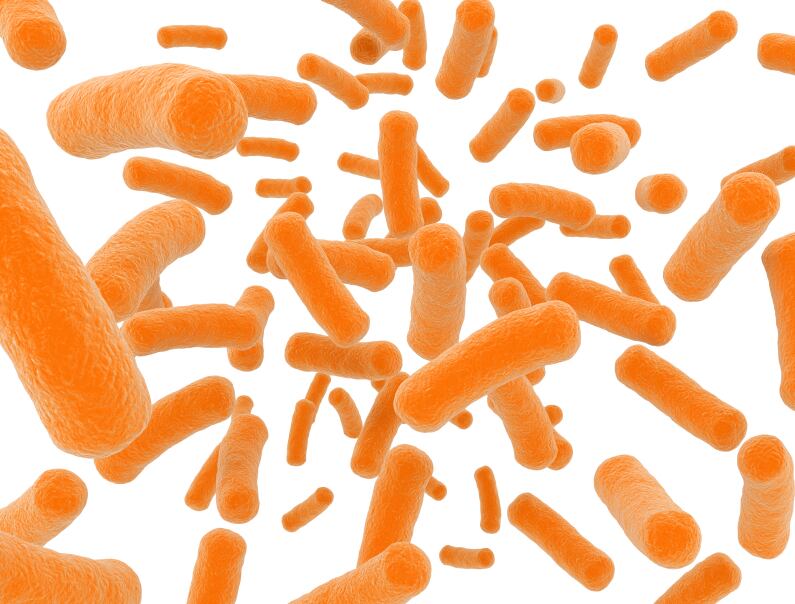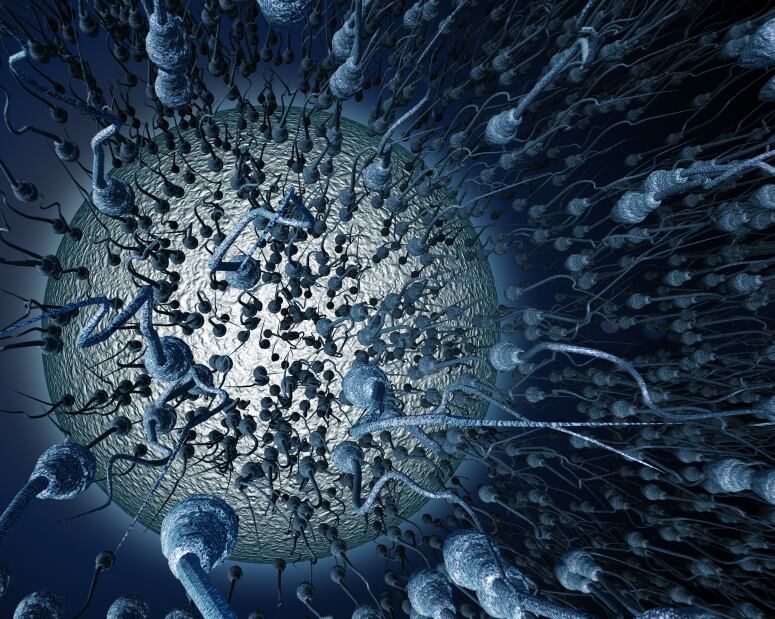The agency’s Panel on Dietetic Products, Nutrition and Allergies (NDA) refused Lallemand’s proposal that its Bifidobacterium bifidum CNCM I-3426 strain could cause an “increase of the proportion of healthy days (i.e. days without cold symptoms) by maintaining normal immune function in healthy adults during everyday life events such as moderate stress.”
After a request from the NDA during a stop-the-clock procedure this was amended to: “defence against pathogens in the upper respiratory tract.”
One of the central human intervention studies conducted by the University of Florida and published by the British Journal of Nutrition in January examined the effect of three potentially probiotic bacteria on the proportion of healthy days over a 6-week period in 581 academically stressed undergraduate students who received B. bifidum CNCM I-3426 (also known as B. bifidum R0071), Bifidobacterium longum subsp. infantis R0033 and Lactobacillus helveticus R0052 or placebo.
The researchers found a lower incidence of reported cold and flu and more 'healthy days' in the study group.
But the NDA questioned the use of a modified measurement system called the Jackson Scale, stating it had not been validated "and therefore it is unclear how the outcome measures derived from this tool relate to the claimed effect on defence against pathogens."
When questioned by the NDA, Lallemand said the proportion of healthy days was the only primary outcome of the study but the NDA said the firm refused to send a full ad-hoc analysis when it demanded, sending only "the B. bifidum CNCM I-3426 arm versus the placebo arm". Lallemand said that was all that was relevant.

Another study was dismissed because it was deemed to have been conducted on a dissimilar foodstuff.
Lallemand noted a similar claim was already approved in Canada but Célia Martin, regulatory affairs director added: “As a global company we are conscious that each health authority has its own procedure and criteria and we accept this as part of the game!”
“We are convinced that only high-level scientific research can help advance the understanding of probiotics benefits and modes of action and increase awareness among the experts.”
The claim was submitted under article 13.5 of the EU nutrition and health claims regulation (NHCR) which covers emerging and proprietary science.
The opinion is here.
Lactobacillus and defecation
From Italy Synbiotec submitted an article 13.5 claim that Lactobacillus rhamnosus IMC 501 and Lactobacillus paracasei IMC 502 (Synbio) could favour “the natural regularity and contributing to maintain and improve human intestinal well-being”
The NDA discounted three intervention trials as it said stool consistency recording methods like Likert scales or the Bristol Stool Scale were not valid measures for “their ability to yield consistent and reproducible estimates of changes in bowel habits over time”.
The opinion is here.
Other opinions

The NDA also rejected a pomegranate-galangal rhizome claim for sperm motility from Danish firm Nerthus, deeming one trial with positive results to be insufficient.
A 17-study dossier for a water extract from carob pods (FRUIT UP) from WILD-Valencia in Spain was rejected for post-prandial benefits because the research did not deliver results “above the well-established effect of fructose on reducing post-prandial glycaemic responses when replacing glucose in foods.”
Tchibo in Germany was turned down for a coffee product’s ability to reduce DNA damage. That opinion is here.
A children’s health article 14 claim from French company VAB-nutrition linking Vitamin D and normal function of the immune system was approved for 3 to 18 year olds.
More on these opinions in the coming days on NutraIngredients.
